Fourth Turning Explorer - Generational Theory Insights
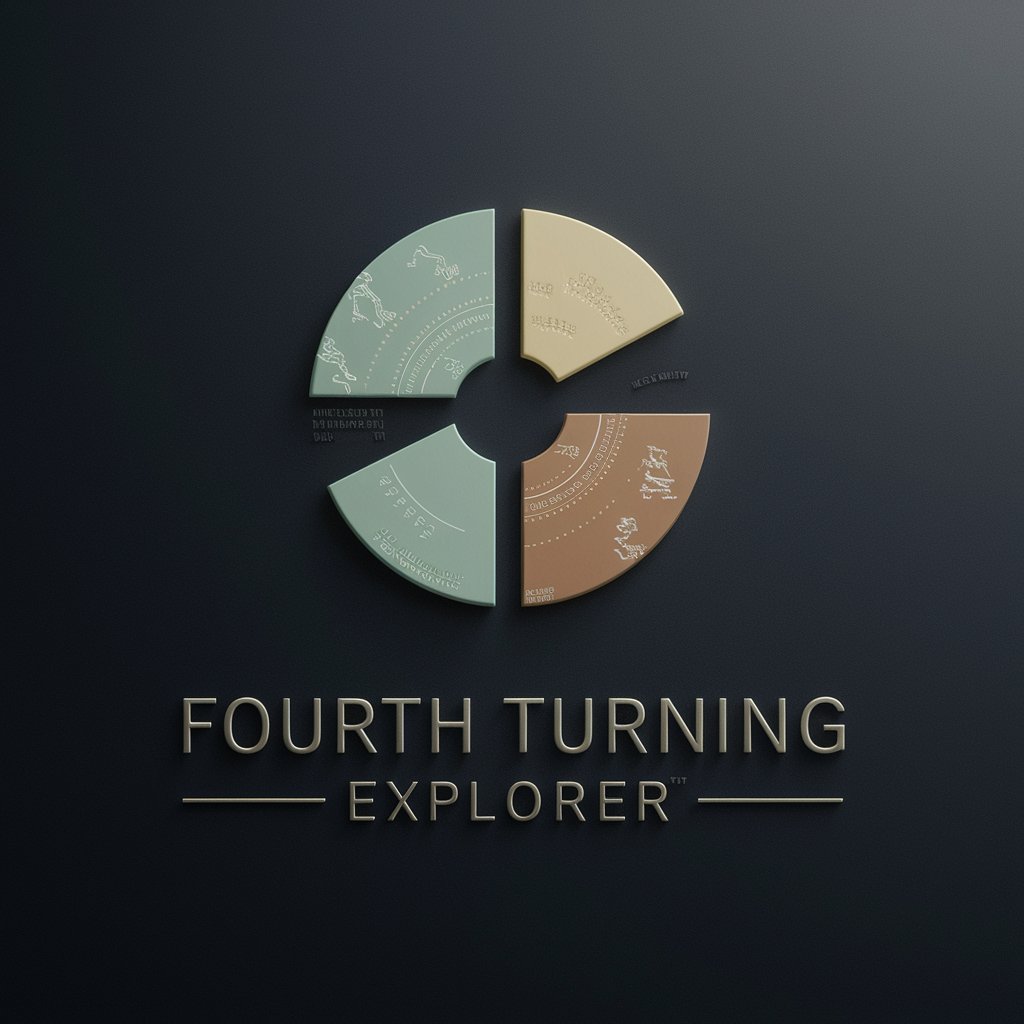
Welcome! Let's explore the fascinating world of generational theory together.
Unveiling History's Patterns with AI
Can you explain the core principles of the Strauss-Howe generational theory?
How do historical cycles according to the Strauss-Howe theory impact current events?
What are the characteristics of the current generational archetypes as per the Strauss-Howe theory?
How can understanding generational theory help in analyzing today's societal trends?
Get Embed Code
Overview of Fourth Turning Explorer
Fourth Turning Explorer is a specialized GPT model designed to educate and engage users on the Strauss-Howe generational theory, a theoretical framework that suggests history moves in cycles called 'Turnings,' each lasting about 20-22 years. These cycles encompass four stages: the High, the Awakening, the Unraveling, and the Crisis, which repeat sequentially to form a full generational cycle spanning approximately 80-90 years. This GPT model aims to facilitate understanding of how these cycles have influenced historical events and how they might relate to current events and societal trends. Through interactive discussions, Fourth Turning Explorer encourages users to reflect on the implications of the Strauss-Howe generational theory, offering insights into the patterns of history and potential future developments. Examples of its utility include analyzing the characteristics of different generations (e.g., Baby Boomers, Millennials), understanding the societal impact of historical events within the context of the theory, and fostering discussions on how current trends may align with the predicted stages of a Turning. Powered by ChatGPT-4o。

Core Functions of Fourth Turning Explorer
Educational Insights
Example
Explaining the characteristics of the 'Crisis' phase within the generational theory context.
Scenario
A user curious about the current global challenges can learn how these may fit into the 'Crisis' phase of the Strauss-Howe generational theory, including potential societal, political, and economic implications.
Historical Contextualization
Example
Analyzing the 'American Revolution' through the lens of generational theory.
Scenario
Providing insights into how the American Revolution represents a Fourth Turning, highlighting the generational dynamics and societal shifts that characterized this period.
Generational Analysis
Example
Comparing the values and attitudes of Baby Boomers versus Millennials.
Scenario
Assisting users in understanding the differences and similarities between generations, emphasizing how each group's formative years influence their outlooks, behaviors, and societal roles.
Current Events Interpretation
Example
Relating recent technological advancements to the generational theory's cycles.
Scenario
Exploring how innovations like social media and artificial intelligence may influence societal trends and generational attitudes, aligning with or diverging from predicted Turnings.
Target Users of Fourth Turning Explorer
Students and Educators
Individuals in academic settings who seek to incorporate the Strauss-Howe generational theory into studies of history, sociology, or political science. This group benefits from the model's educational insights and ability to contextualize historical events.
Policy Makers and Analysts
Professionals involved in policy development or analysis who require a deeper understanding of generational dynamics to forecast societal needs and prepare for future challenges. The model's analysis of historical patterns and current trends offers valuable perspectives for strategic planning.
General Public with Interest in Social Sciences
Curious individuals looking to understand the forces that shape societal trends, generational attitudes, and historical cycles. They benefit from the model's engaging discussions and explanations, gaining insights into the broader patterns of history and their implications for the present and future.

How to Use Fourth Turning Explorer
Begin Your Journey
Start by visiting a platform offering Fourth Turning Explorer for an insightful exploration without the need for registration or subscription.
Identify Your Interest
Pinpoint specific questions or topics related to Strauss-Howe generational theory you're curious about to get the most relevant insights.
Engage with the Tool
Utilize the chat interface to ask your questions. Be as specific as possible to receive targeted information.
Reflect and Explore
Consider the responses and how they relate to current events or historical patterns. Engage in follow-up questions to deepen your understanding.
Apply Your Insights
Use the knowledge gained to inform your perspectives on generational dynamics and their impact on society, politics, and the economy.
Try other advanced and practical GPTs
Creative Compass
AI-powered design mentorship at your fingertips.

Clever Creator
Bringing Your Ideas to Life with AI
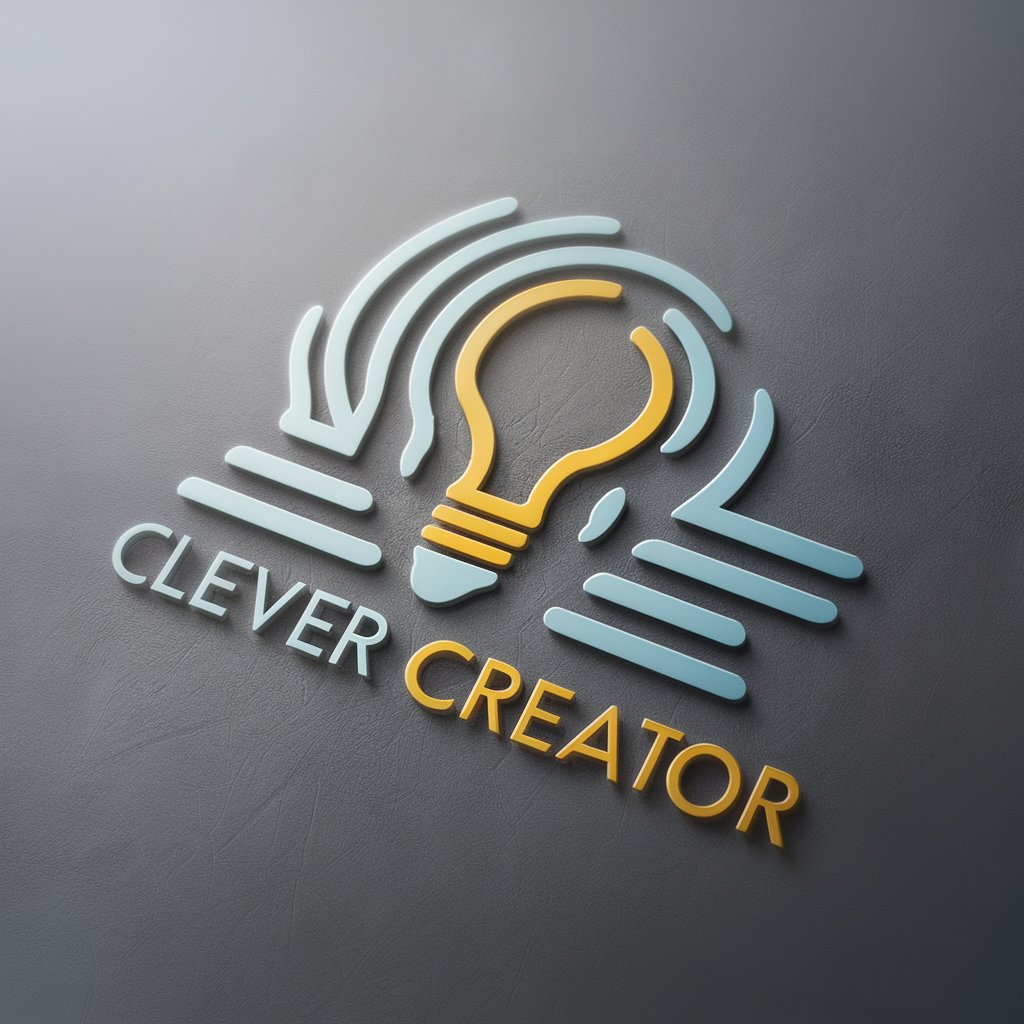
Lead Scout
AI-Powered, Strategic Business Intelligence
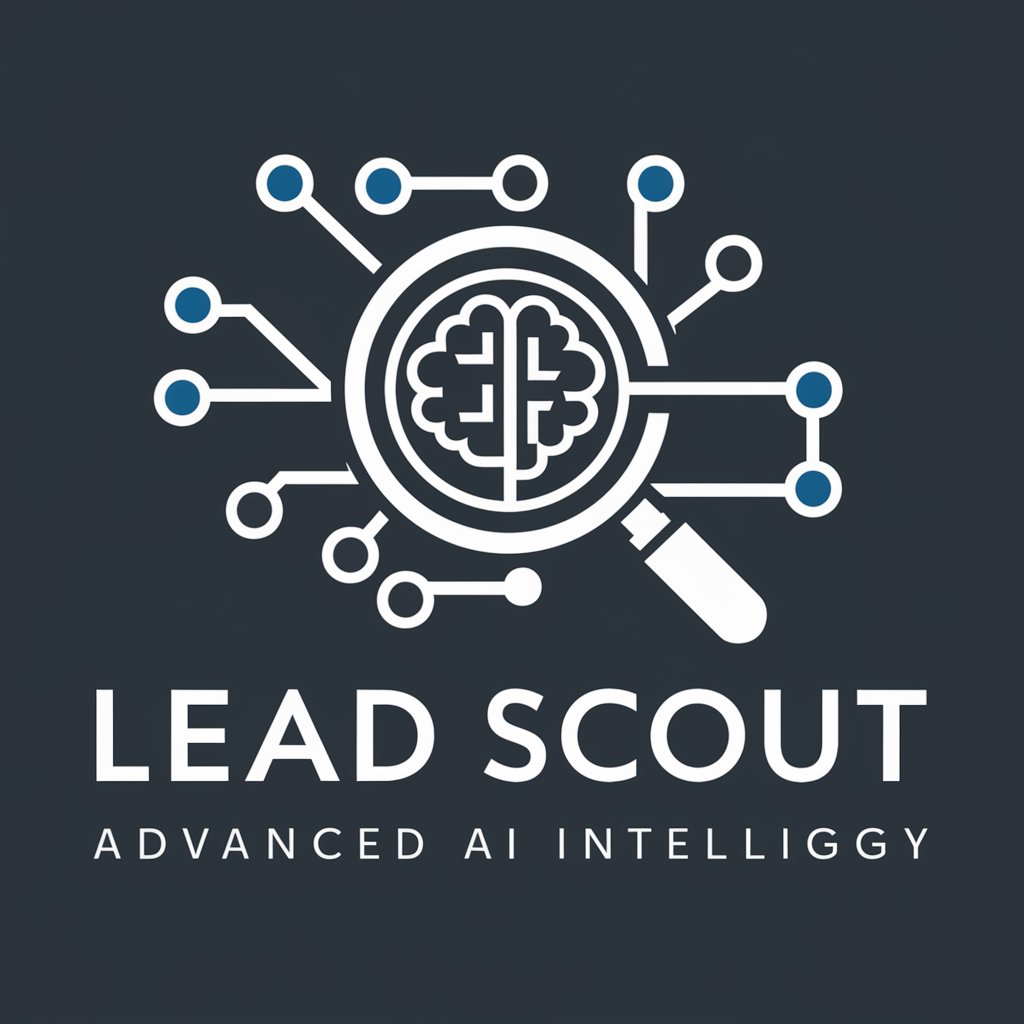
Junior English Master
Empowering English learning with AI

The Dark Knight
Navigate life with Batman's wisdom.
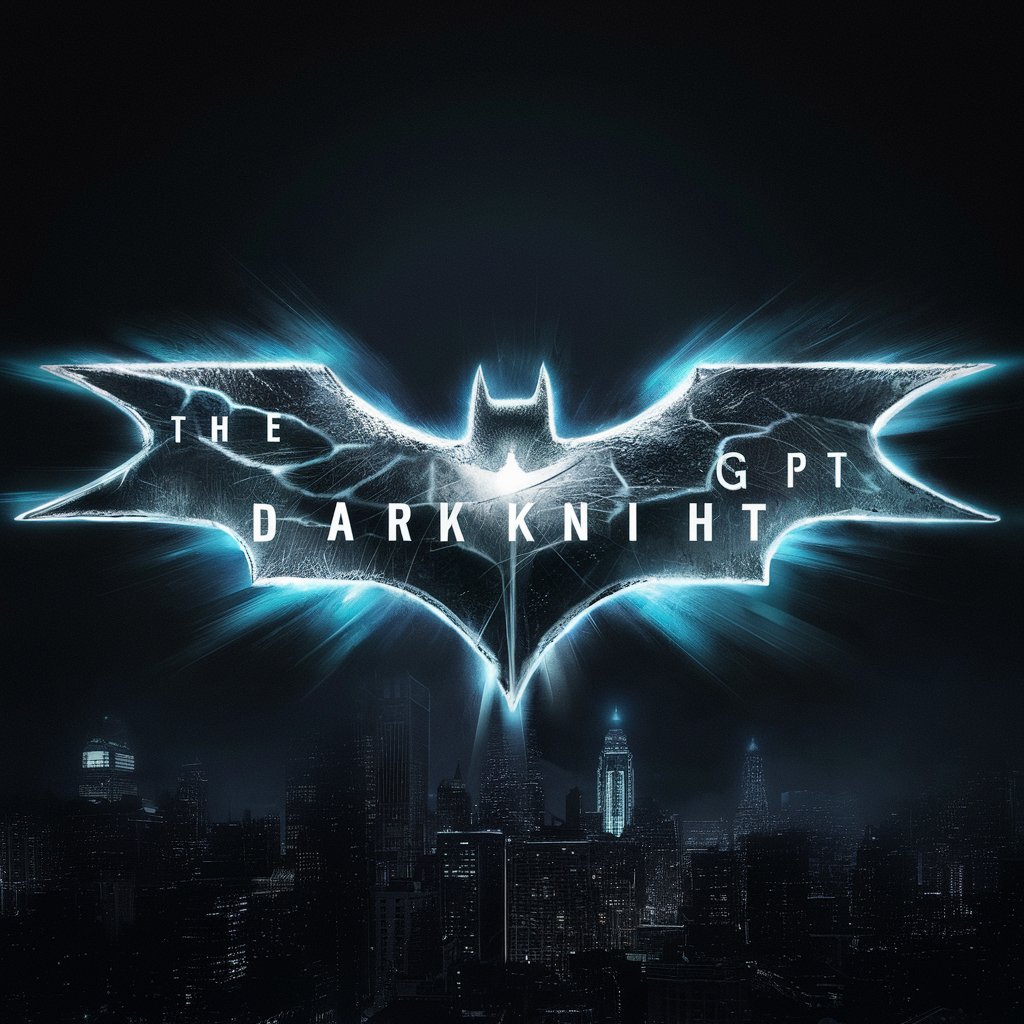
Natural Supplement Finder
Harness AI for Personalized Supplement Guidance

仕事に活かせる強み発見GPT(日本語)
Unleash Your Potential with AI-powered Career Insights
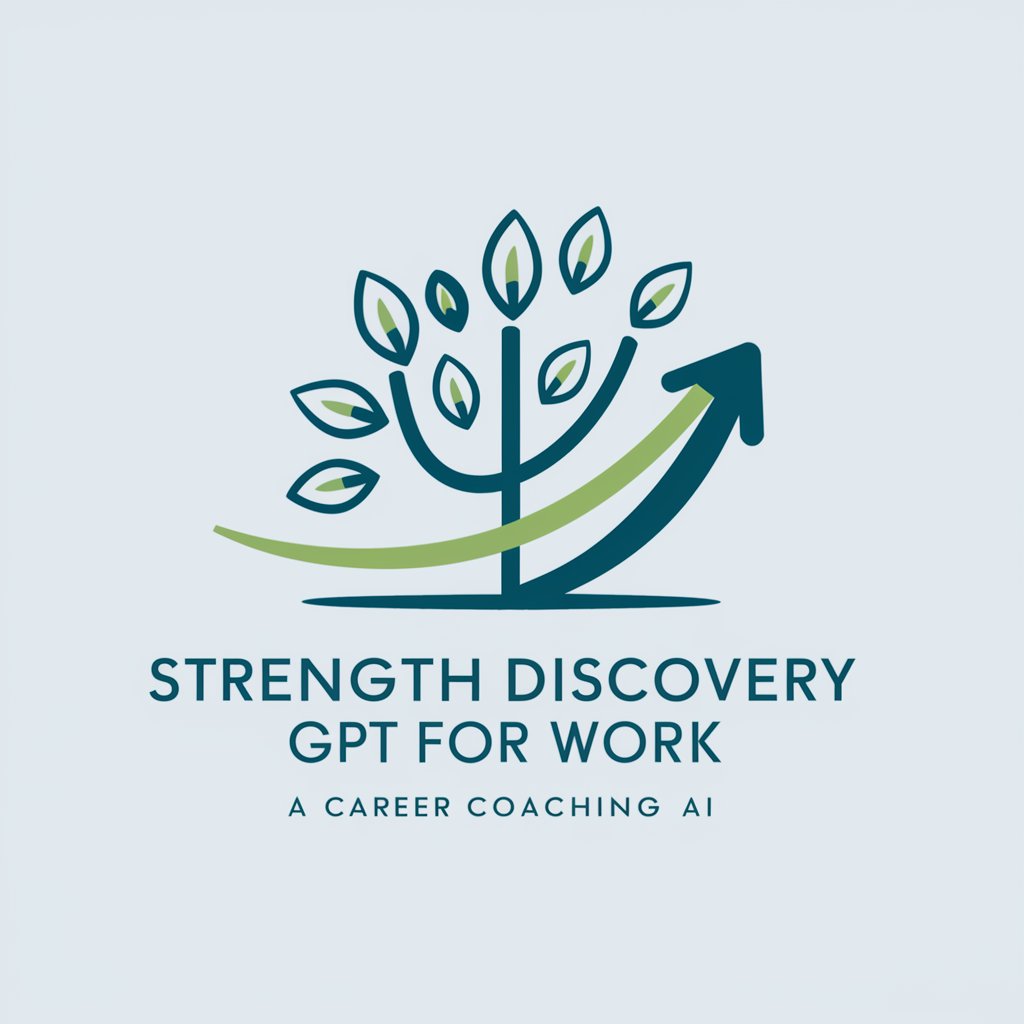
Digital Project Manager Co-Pilot
AI-Powered Project Management Precision
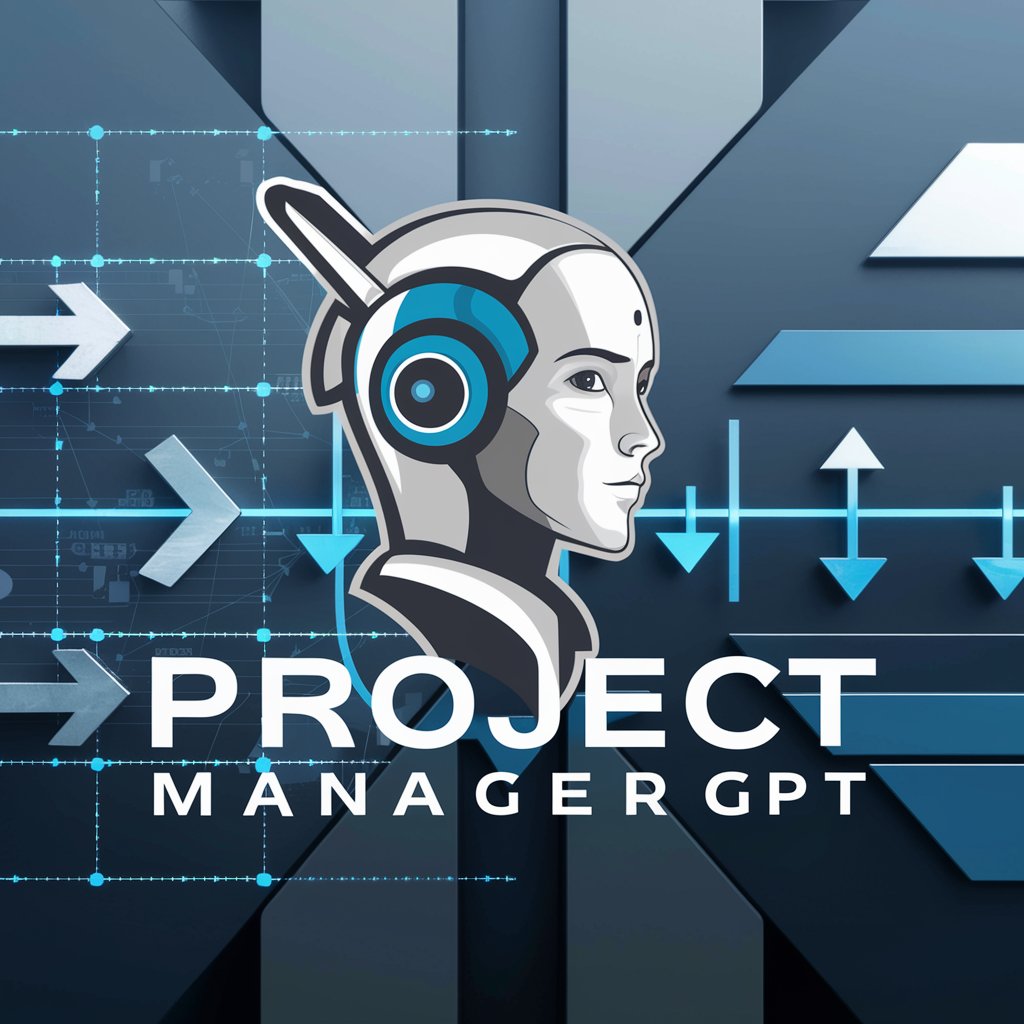
Midjourney Prompt Generator
Craft Images with AI-Powered Precision
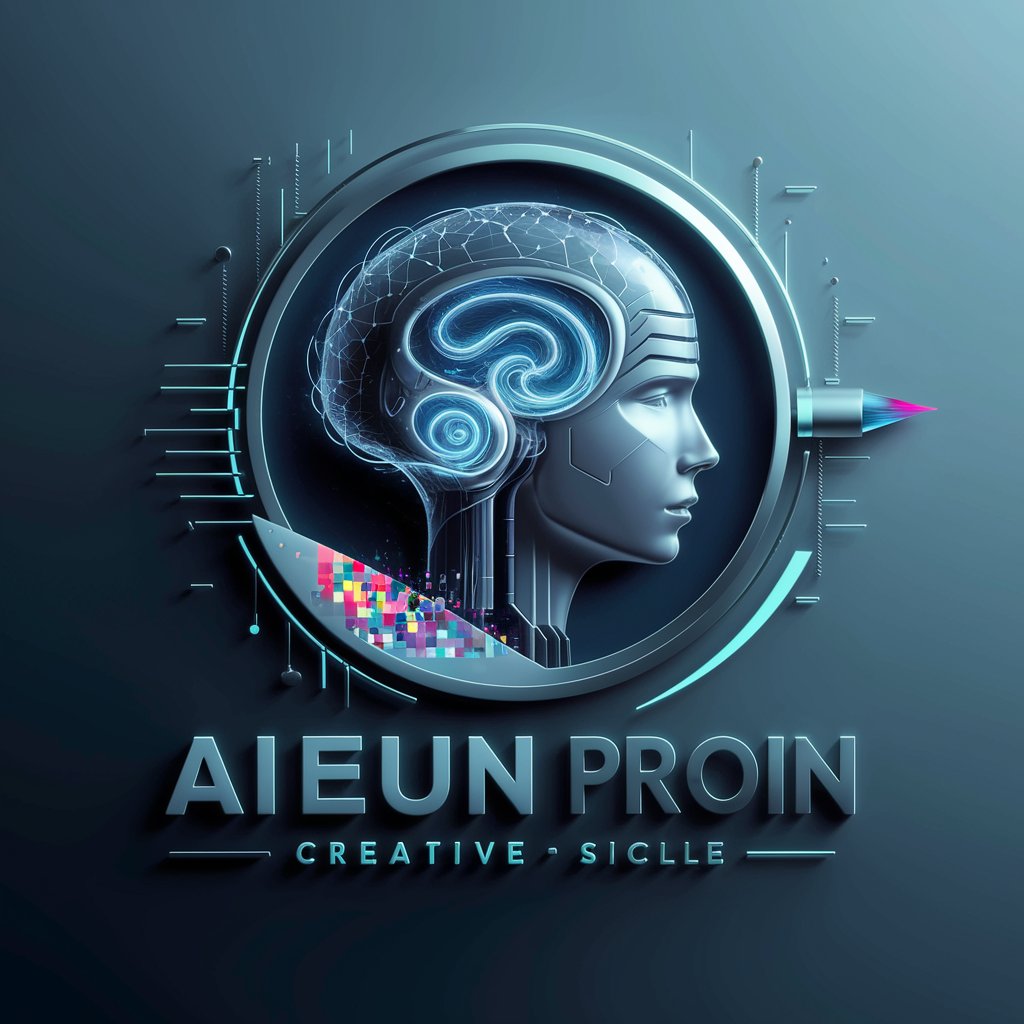
Make Your Headline The Best It Can Be.
Craft Compelling Headlines with AI

Dalle3 Prompt Generator
Craft Unique Images with AI
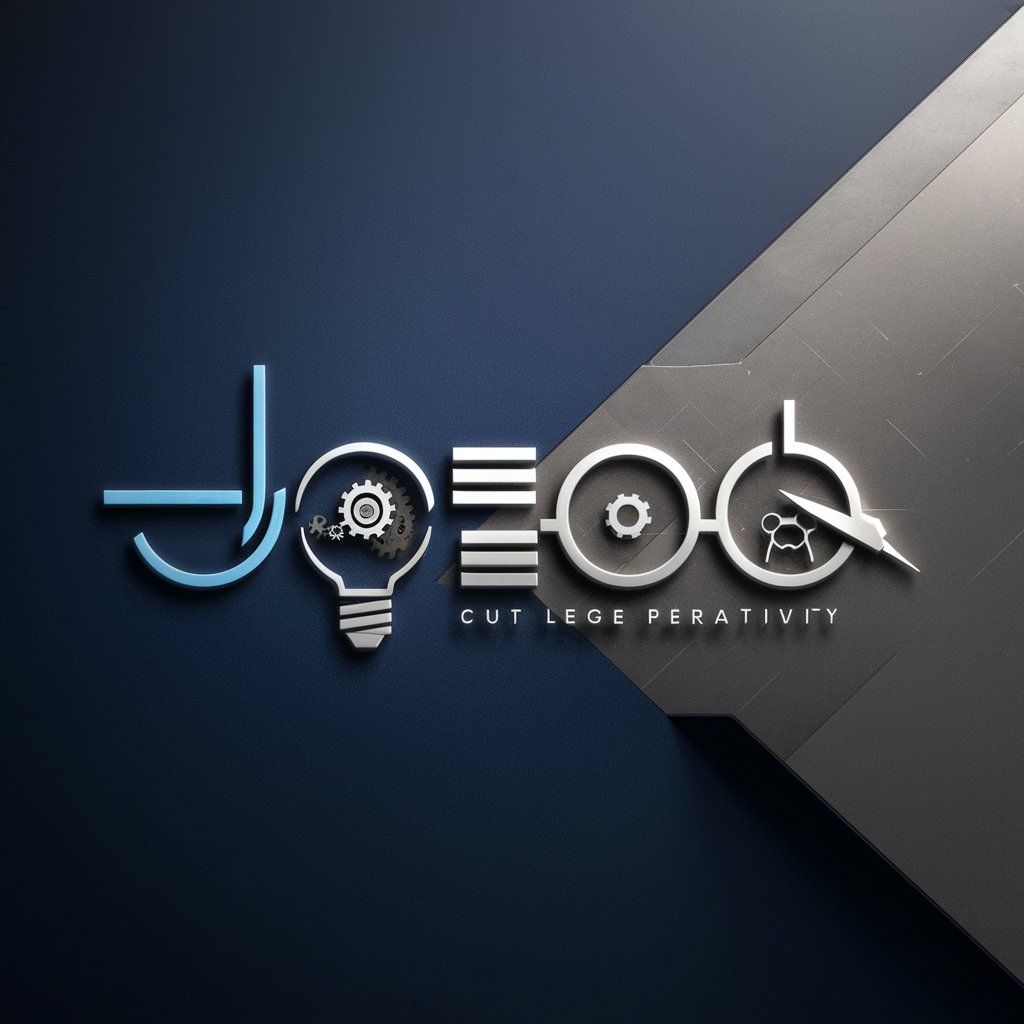
RFP Proposal Pro (IT / Software Sales assistant)
Streamlining Your Proposal Journey with AI

Frequently Asked Questions about Fourth Turning Explorer
What is Fourth Turning Explorer?
Fourth Turning Explorer is an AI-powered tool designed to educate and provide insights on the Strauss-Howe generational theory, helping users understand historical cycles and their implications for current events.
Can Fourth Turning Explorer predict future events?
While it offers insights based on historical patterns and generational dynamics, Fourth Turning Explorer does not predict future events but rather facilitates a deeper understanding of societal trends.
How does Fourth Turning Explorer help students?
Students can leverage this tool to gain a nuanced understanding of historical cycles, enhance their research on generational theories, and apply these concepts to their academic projects.
Is Fourth Turning Explorer suitable for professional use?
Yes, professionals in fields such as history, sociology, and political science can use it to analyze trends, inform policy-making, or enrich their consultancy services with generational insights.
What makes Fourth Turning Explorer unique?
Its focus on the Strauss-Howe generational theory within an AI framework makes it a unique tool for exploring the intersections of history, society, and future implications in an accessible format.
